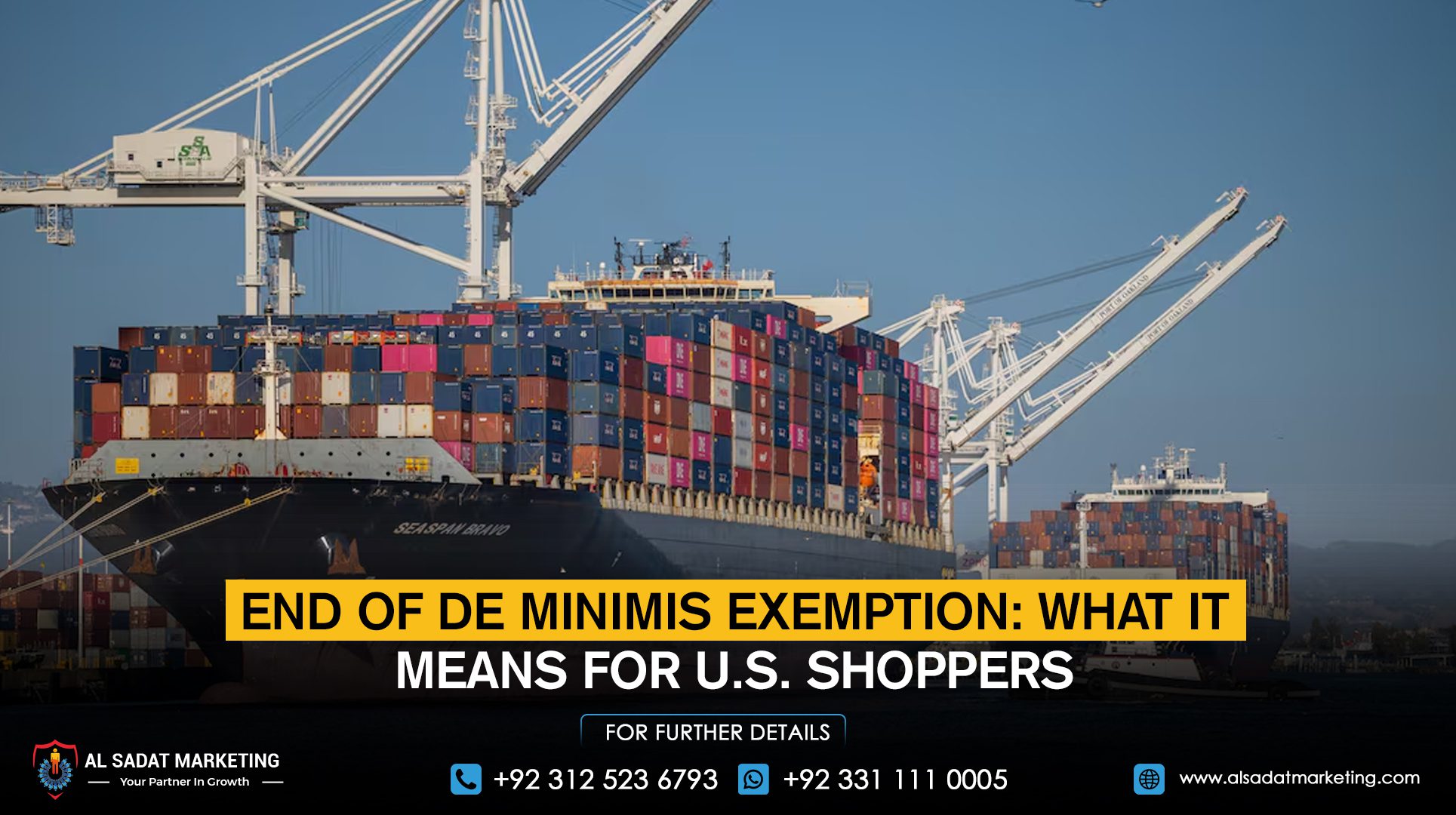The Trump administration has ended duty-free imports on international packages valued under $800, eliminating the de minimis exemption that had fueled a boom in low-cost online shopping from overseas platforms like Shein and Temu. The policy, announced on July 30 and effective one month later, applies to shipments from all countries, significantly raising the cost of imported goods for U.S. consumers.
Unless foreign sellers choose to absorb the tariff costs, shoppers can expect price increases.
Why Was the Exemption Removed?
The administration cited two main reasons:
- Drug Enforcement: Officials say the exemption made it easier for traffickers to smuggle fentanyl into the U.S.
- Retail Fairness: U.S. retailers and trade groups argue it gave an unfair edge to foreign e-commerce giants, whose products often avoided import duties. In contrast, major domestic retailers like Walmart and Target already pay tariffs, which are reflected in their prices.
What Changes for Shoppers?
Previously, Americans could order items under $800—such as $12 dresses or $5 gadgets—without paying import duties. In fiscal year 2024, 1.36 billion de minimis shipments arrived in the U.S., valued at $64.6 billion. About 73% of those packages came from China.
With the exemption gone, consumers may now face added costs or slower delivery times.
Who’s Most Affected?
Following China, top sources of low-value imports include Canada, Mexico, the UK, South Korea, India, Vietnam, and Thailand. Since the exemption was lifted for China in May, overall volumes have already dropped by about one-third.
Some overseas sellers are increasing prices. UK-based fabric brand Merchant & Mills, for example, raised U.S. prices by 15% to cover new duties.
Shipping Disruptions Worldwide
Postal services around the globe are scrambling to adapt. Australia Post, Royal Mail, DHL, Japan Post, and Korea Post have all temporarily paused shipments to the U.S. as they figure out how to handle the new duty collection requirements.
“These postal services have never collected duties before,” said Clint Reid, CEO of logistics software firm Zonos.
The new rules also require more detailed customs declarations from sellers, increasing paperwork and compliance costs.
How Online Retailers and Small Businesses Are Responding
Shein and Temu have already adjusted their operations since China lost its exemption in May. While some prices have increased, analysts say they may now be in a better position than competitors, as global shipping costs rise across the board.
Small businesses, however, face more difficulty. Sellers on platforms like Etsy and eBay are being encouraged to communicate potential price hikes to customers, as absorbing the new costs may not be sustainable.










